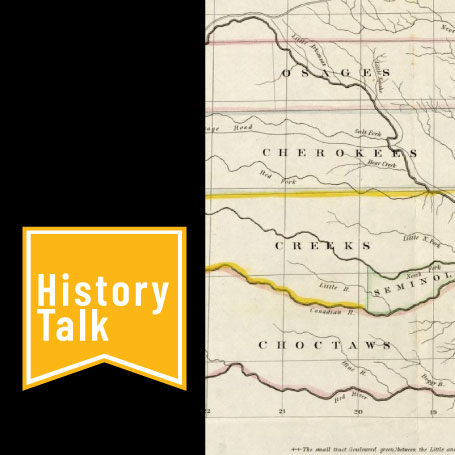The Treaty of New Echota exchanged the Cherokee Nation’s ancestral homelands east of the Mississippi River for unfamiliar land located in present-day Oklahoma. In May 1838, the U.S. Army deployed to enforce the terms of the treaty. General Winfield Scott, along with fellow U.S. Army Soldiers, were dispatched to Alabama, Georgia, North Carolina, and Tennessee. Their mission was to relocate the Cherokee to embarkation centers and oversee the journey to Oklahoma. The forced removal of the Cherokee was one of many conducted by the U.S. Army and was a consequence of the Indian Removal Act. These removals in the southeastern U.S. became known as the Trail of Tears.
During this History Talk, we will examine how Soldiers fulfilled their obligation to carry out the terms of the Treaty of New Echota. We will also identify how the implementation of the Indian Removal Act impacted both Soldiers and Native tribes. Finally, you will better understand how the effects of this policy can still be felt today.
Register for the VIRTUAL History Talk on Wednesday, November 16 at noon ET
Register for the IN-PERSON History Talk on Wednesday, November 16 at noon ET

ELC, In Person, Live Stream
